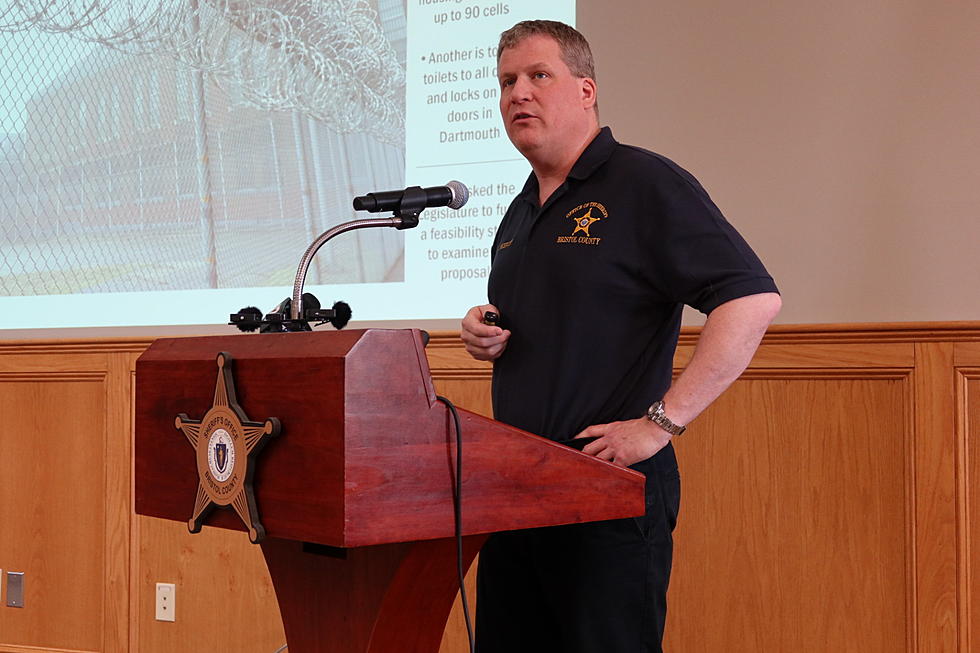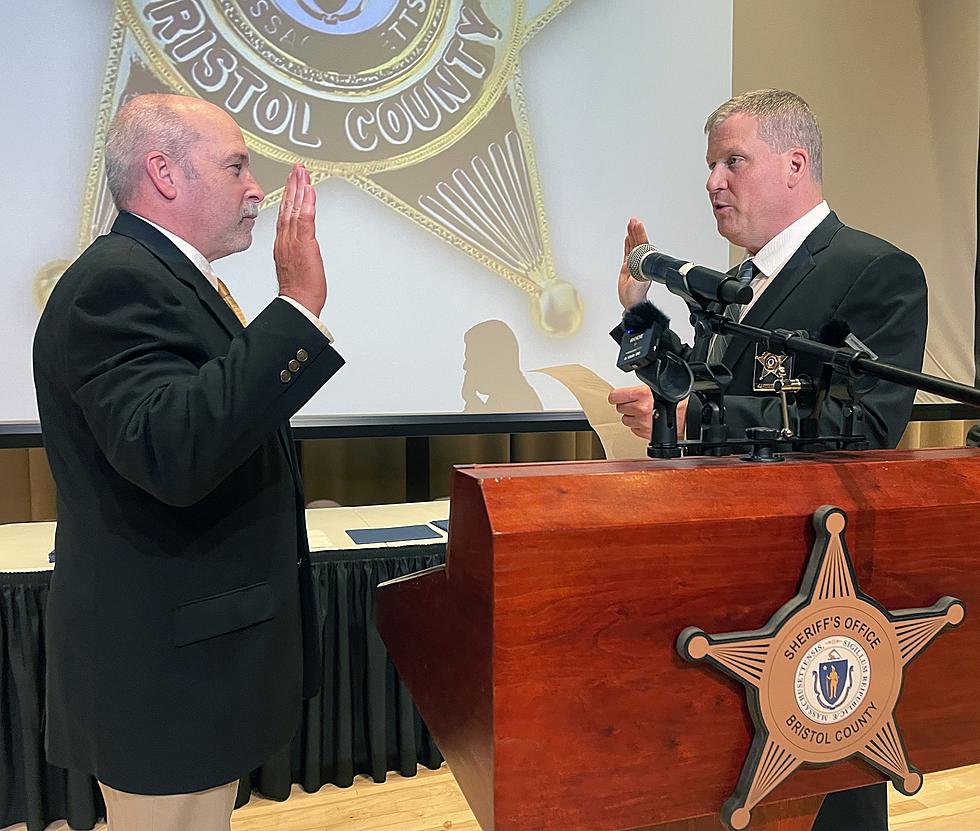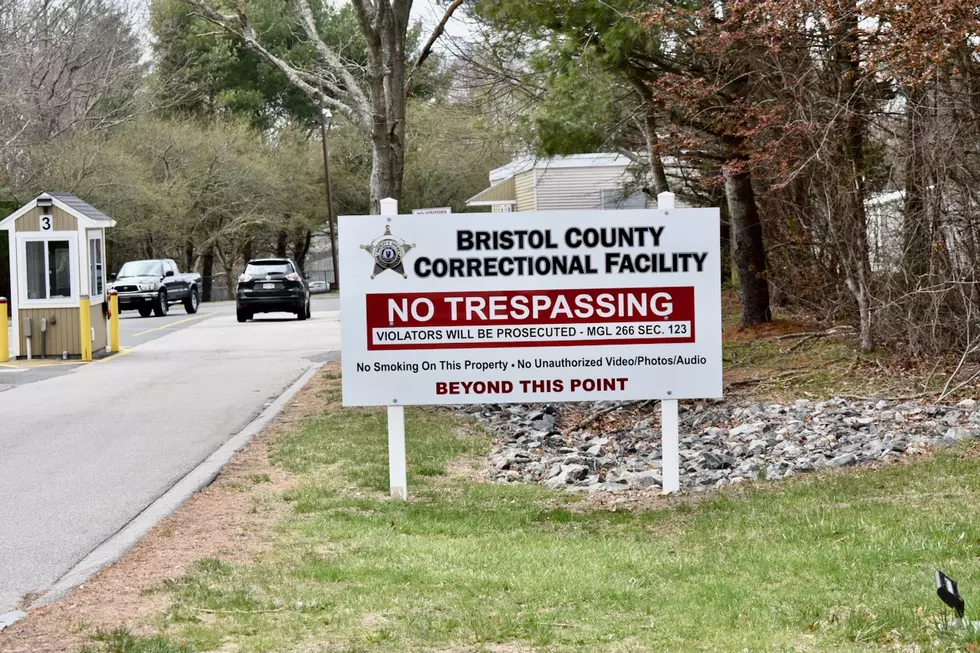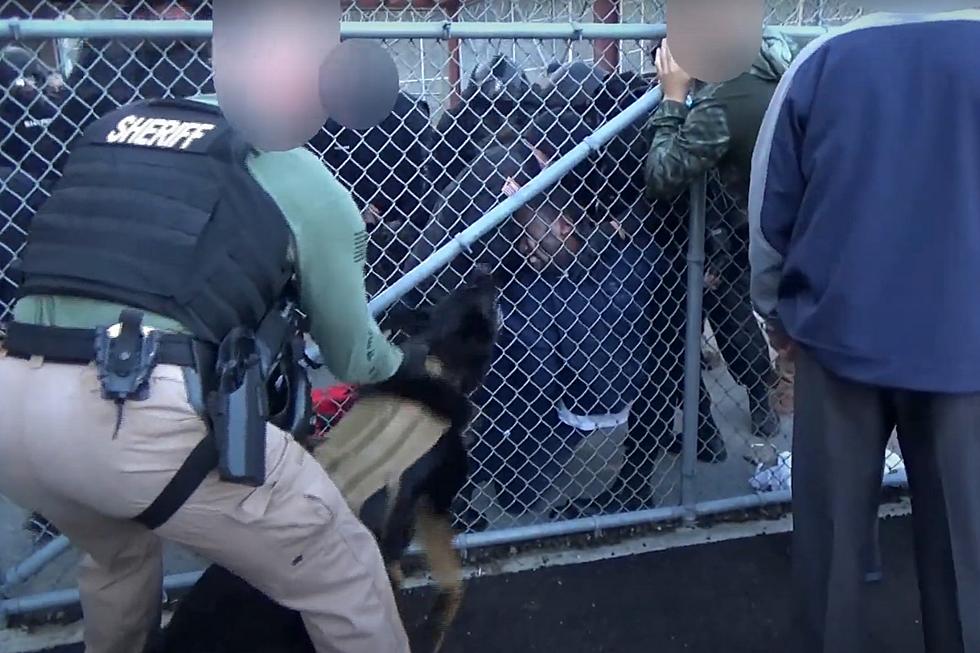
Bernier Has Strong Backing in Bristol County Sheriff’s Race
There is a competitive field Democratic candidates vying for the right to challenge conservative firebrand and Bristol County Sheriff Tom Hodgson in this year's election. No candidate, however, touts the endorsements that local attorney Nick Bernier has.
Bernier enters the race with a blue-ribbon committee of local Democratic support that includes members of the Beacon Hill delegation such as State Representatives Carole Fiola and Alan Silvia, Senate Chair of Ways and Means Mike Rodrigues, and countywide and regional elected officials like Bristol County Register of Probate and former Mayor of Taunton Tom Hoye, and Joe Ferreira of the Governor's Council.
When he joined me on-air recently, Bernier attributed this support to his years of giving back to his community.
"I volunteered a lot," Bernier said. "I've done a lot of different community services. So you meet these officials everywhere. When I started talking about running last summer, they said 'Go Nick, go!'. So I went."
Prior to heading up his own law practice, Bernier served on the Charter Commission and Advisory Finance Committee in Swansea. In 2012, Bernier lost a narrow election for Governor's Council by just 37 votes, triggering the largest recount in state history. Afterward, Bernier worked as a prosecutor in the Bristol County District Attorney's Office. He also managed the successful election campaigns for two of his supporters, Senator Rodrigues and Governor's Councilor Ferreira.

Bernier also talked about a key supporter of his who is not an elected official, Nelson De Gouveia, the former Chief of Law Enforcement at the Bristol County Sheriff's Office. De Gouveia, once an employee and supporter of Sheriff Hodgson, is an early member of Bernier's team, providing him invaluable insight to the goings-on at the BCSO.
Bernier said his ability to build coalitions of people with the right experience make him the best candidate to usher in reform in the Sheriff's office.
"The reason why he is with me is because I listen," he said. "I don't have all of the answers, but I get the right people involved. I listen and I know what we need to do to get to where we are, and sometimes it isn't my opinion. Sometimes it's someone else's idea."
During Bernier's time as a prosecutor, he witnessed firsthand the perils of being thrown into the criminal justice system with little resources available for people to effectively reintegrate into society. Bernier thinks the current leadership at the BCSO is spending too much time trying to outfit themselves as quasi-law enforcement agency and not enough time focusing on resources that will help people to not reoffend or preventing narcotics from being smuggled into the prison.
"At a minimum, get the drugs out of the jails," Bernier urged. "And really, what we should be doing is hiring more counselors, focusing more on corrections and reform than the Assistant Deputy Sheriff's thing. We have 47 Assistant Deputy Sheriff Superintendents, and the issue is, do we really need these military parades? How often has the sheriff used his boat or his Command Center – and also, is that really his role?"
While strongly criticizing the sheriff's management of our local corrections system, Bernier did offer some limited praise for the work crews program. The program allows people nearing release, often people with a trade or a skill, to perform community service supervised outside of the correctional facility. Bernier assisted with that program and said it would be one of the few things he would continue as sheriff.
"When it's done the right way, I love that program," Bernier said. "It's a program I think should continue, because you're helping the community. You're giving inmates a second chance. So instead of just sitting around while serving their time, they are actually doing something constructive, and when they're out they can hopefully use that experience to continue to get better."
Bernier and I also discussed the low morale among BCSO employees he has has heard about during the campaign and the need to close down the centuries-old Ash Street Jail and his plan to use the now-defunct ICE facility in Dartmouth as a holding facility in its place.
You can listen to the full interview at the 13:50 mark here:
25 True Crime Locations: What Do They Look Like Today?
LOOK: What 25 Historic Battlefields Look Like Today
More From WBSM-AM/AM 1420









